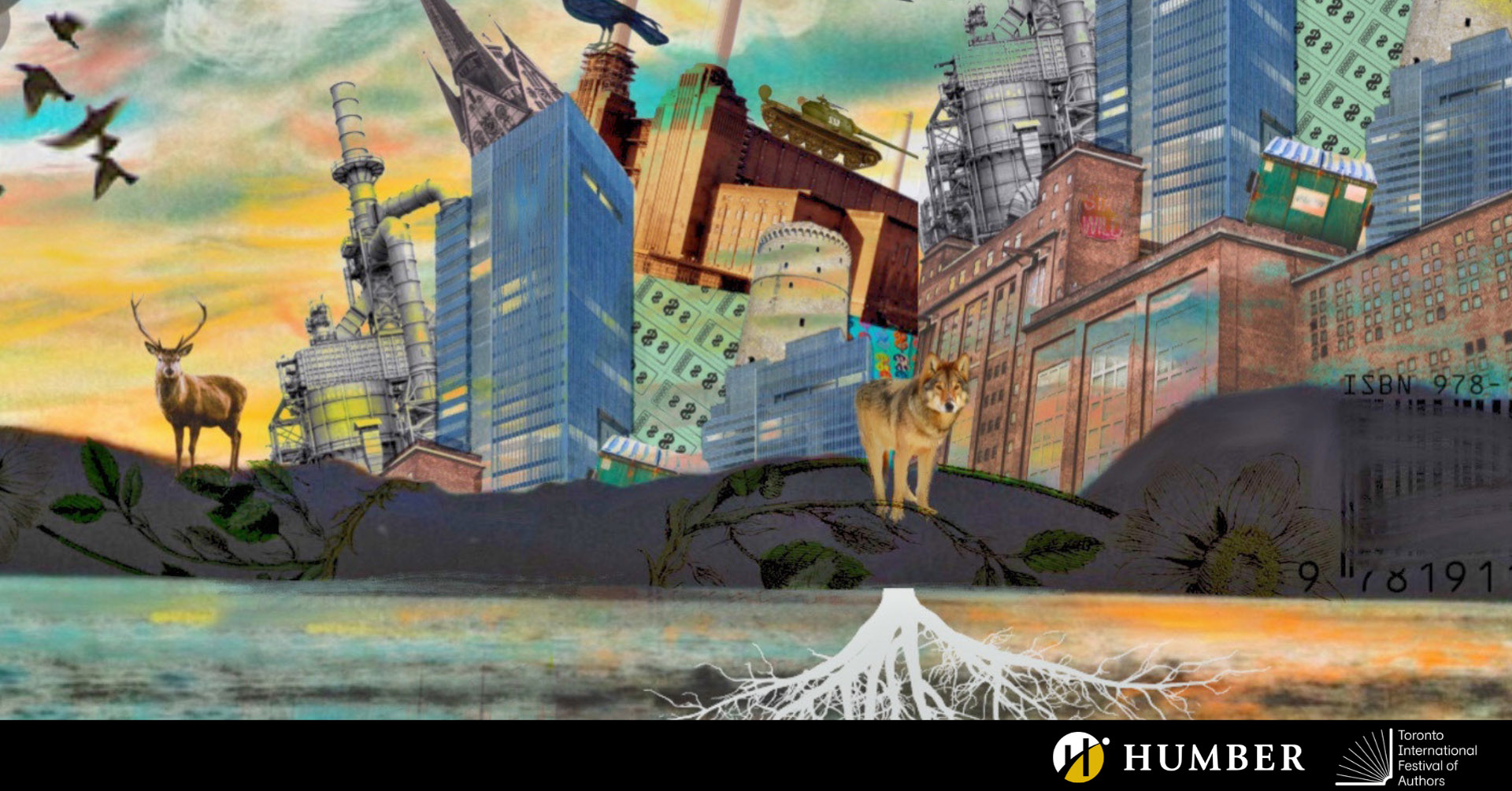Climate in Crisis Activism, Apathy, and Responsibility: Social Responses to and Social Causes of the Current Climate Crisis

Humber Liberal Arts Academic Conference 2022
In March 1912, an article in Popular Mechanics focused on the remarkable weather of 1911, citing extreme heat across North America and Europe and unprecedented melting of ice in the Arctic. The conclusion? Human-created climate change based largely on an over reliance on coal energy. More than a century later and fundamentally, little has change, with some scientists claiming that we’ve already entered into the sixth mass extinction.
Over the past century, globalization has led to an interconnectedness and an awareness of the shared effects of climate change, yet hesitancy and outright denialism surrounding climate change have slowed progress, and have also worked to diminish or distract from notions of social responsibility. Societal responsibility has been transferred away from the corporate or systemic to the individual, where action may be simpler, but impact is negligible. Additionally, despite a rise in awareness of environmental racism and the fact that the most impacted by climate change are those with the least control, frontline action has been left, in many places around the world, to Indigenous land defenders who face increasing violence from the state and ambivalence from the media.
The eighth annual Humber@TIFA conference seeks to explore the social challenges faced by the climate crisis, the impacts of climate change denialism, environmental racism, representations of the climate crisis in media and the arts, individual vs. corporate responsibility, and the need for equitable solutions.
Tune in to sessions, free and open to the public, September 23–24. Learn more about the virtual events below.
All times are in ET.